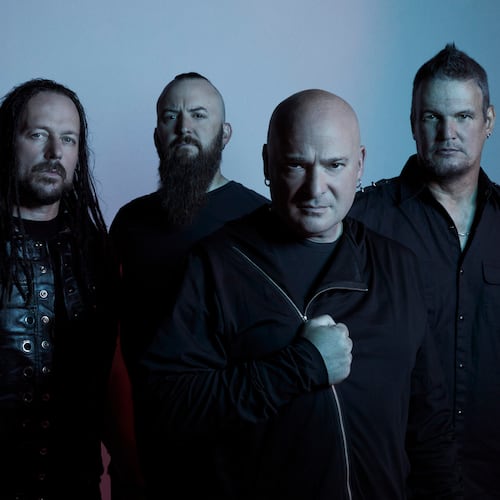The Emory Special Diagnostic Services (ESDS) is a practice within the Emory clinic dedicated to evaluating patients with hard to diagnose cases. Like other parts of Emory Healthcare, ESDS accepts most major insurance plans.
1365 Clifton Rd NE, Building A, First Floor. http://emoryhealthcare.org/special-diagnostic-services/index.html
404-778-0990
To watch a video about ESDS:
Drew Crenshaw had just graduated from high school when he suddenly – and inexplicably — started experiencing severe ankle pain. An X-ray revealed minor stress fractures in both feet. He was wheelchair bound for six months with casts on his feet and his college plans on hold.
But the pain continued long after the casts were removed and spread to all of his joints.
Finally, after countless visits to doctors across the Southeast without a definitive diagnosis, the Tallahassee man heard about a new center at Emory Healthcare specializing in difficult-to-diagnose cases. Within days of the initial phone call to the center last year, he was on a plane to Atlanta.
Since opening a little over a year ago, specialists at Emory Special Diagnostic Services have seen 130 patients, mostly from metro Atlanta but a handful of patients have traveled from other states and countries, including Mexico and New Zealand.
The Emory experts are medical detectives eager to tackle highly challenging, complex medical mysteries. It is a real-life medical evaluation center similar to the fictional one portrayed on the TV show, “House.”
By the time he reached Emory Healthcare, Crenshaw was 25 and had battled his illness for about six years.
“It could take me 30 minutes to get out of bed,” he said. “And some days, the pain was so bad I could not even get out of bed. There was always something swollen. And everything hurt — my shoulders, knees, elbows, fingers and ankles.”
Reeling from excruciating pain and a fever, he couldn’t walk off the plane and arrived at Emory in a wheelchair.
Debbie Cohen, a registered nurse and nurse navigator at Emory Special Diagnostic Services, didn’t mince words. She told him: “We are not letting you go until we figure this out.”
Dr. Heather Gladue, a rheumatologist at Emory and one of the specialists who consults with patients at the center, obtained joint fluid from Crenshaw’s knee area. She analyzed the sample under a microscope and determined he was suffering from a severe case of gout affecting multiple joints, a condition often characterized by recurrent attacks of severe inflammatory arthritis. It’s rarely seen in people as young as Crenshaw.
Still, the diagnosis was only the first step in helping Crenshaw get better. He was placed on an aggressive plan to treat the gout and prevent future flare ups.
Before landing at Emory, Crenshaw said at least one doctor suspected gout but he was never properly treated for the condition. His situation was complicated by a rheumatoid arthritis diagnosis that turned out to be a false positive. While taking powerful medications for that condition, his immune system was lowered, causing a fungal infection on his back.
This new Emory clinic seeks to fill the gap in the way health care is delivered, said Dr. Doug Morris, a cardiologist for more than three decades at Emory Healthcare who helped lead the effort to open the center, believed to be the first of its kind in Georgia. With so many specialists at Emory, it makes sense for patients to be seen and evaluated by a team rather than going from one doctor to the next in search of a diagnosis, he said.
Led by medical director Dr. Clyde Partin, a team of doctors from every specialty analyze tests and spend hours with a patient to form a complete picture of their condition.
The process begins with a phone call to determine what records, among other things, are needed. An initial visit is scheduled, typically within five days. The first visit lasts up to two hours with one of two internists. From there, specialists determine what lab tests and biopsies are needed. Once doctors make a diagnosis, they craft a treatment plan. Over the past year, doctors have diagnosed everything from heart disease and cancer to a rare condition involving an enzyme in meat causing a gastrointestinal disorder.
Not every medical mystery can be solved, but most patients leave with answers, relief and for Crenshaw, the opportunity to embrace life as a young adult.
By the time he left the hospital about a year ago, Crenshaw, now 26, felt much better. He returned home to take community college classes and plans to attend Florida State University this fall.
“I am not at 100 percent,” he said during a recent checkup. “But I feel 100 percent better. It’s hard to be 22 and have to spend days at a time in bed. It’s not what you would imagine your life to be like at 22. I was depressed. Now I am playing basketball and kayaking again. I feel like I have my life back.”
About the Author
Keep Reading
The Latest
Featured



